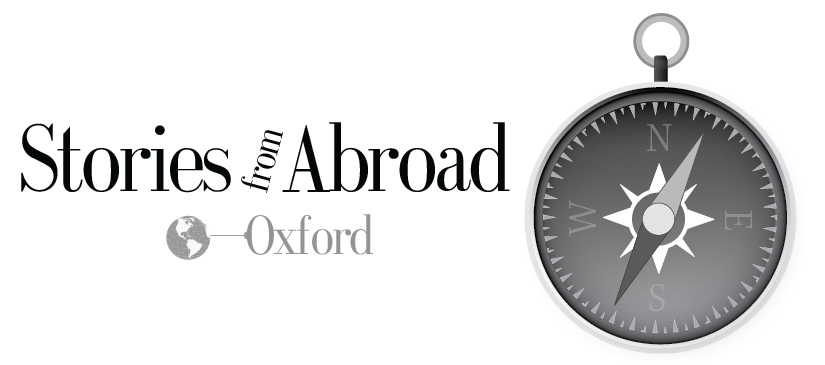The actor walked into the center of the floor in the Oxford Union debating hall and looked up at his loudly cheering audience. The hall was packed with coated, scarfed, shivering students who had been standing in line for as long as three hours. To see this man speak, they would have happily waited longer. Most of us grew up on the “Lord of the Rings” and “X-Men” movies and all were ecstatic about what was about to happen. He flashed a mischievous grin as he asked, in his husky, sonorous voice, “Now, I know that some of you are preparing for exams, but you should know that if you don’t prepare, if you don’t do your revisions … do you know what’ll happen?” We all knew what was coming. Sir Ian McKellen raised his hands above his grey hair and thundered at the top of his lungs, savoring every word: “You shall not pass!” The hall nearly collapsed from the roar of applause and I became 12 years old again.
McKellen sat down to begin his real lecture. However, he wouldn’t remain sitting for long. He is, after all, a trained stage actor and was going to use as much of the room as possible. Oxford’s reputation makes it a prime target for celebrities or heads of state who want to make their voices heard to young people. As a visiting student you can see all of it. The topic of McKellen’s speech was tolerance; he spoke to us about what it was like for him to be gay in England and the prejudice he has faced all his life. He told us harrowing stories about prejudice, some of them very brutal. He even said that part of the reason he wanted to become an actor was because he’d heard that many gay people were involved in the theater. He became an actor as much for the comradeship as for pursuing his passions. The world he grew up in told him that to be gay was a crime and that he was to be feared and hated. In response, he told us that he hid his true self from others. He was out of touch with his emotions because he was afraid to express them, but then he came out. He publicly opened up about being gay and said he felt as if a weight had been lifted from his shoulders. He knew who he was, and so did everyone else. He became a better actor because he was finally in touch with himself. He knew his identity, and he was proud of it.
Sometimes in life you realize that all things are connected. In my political theory tutorial, my tutor has assigned me to read the works of John Stuart Mill. Mill writes that the ideal society is one in which individuals are free to be and express their true nature as long as it does no harm to others. Quirks and originality are not what make people outcasts, but what makes them human. Furthermore, no human can realize their full potential if they are cramped into society’s rigid ideas of what is customary and proper. “The worth of a State,” Mill writes, “is the worth of the individuals composing it.” For individuals to realize their full worth, they must be free to express their nature.
Ian McKellen said the same. “There is no majority,” he said to us, “at least no majority of sameness. What is normal? Who would want to be normal?” In embracing himself, McKellen realized his full self. It’s why he was able to eventually play Gandalf with such ferocity and gravitas. He had been practicing his whole life. “Be kind to each other,” he said as he left the room. When we left we were grinning, not because we had seen a famous person speak, but because we had seen a man with a lion’s heart wear it on his sleeve and trust us with his true self. Mill would have been proud.

